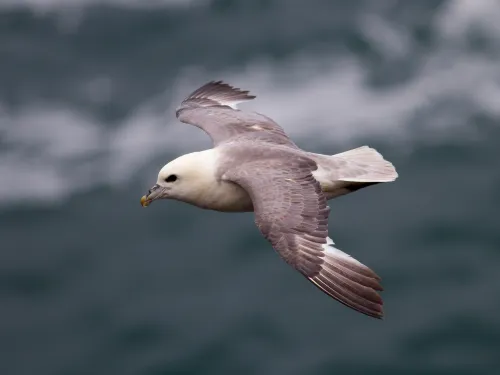
Fulmar
Related to the massive albatross, the fulmar is a gull-like bird that nests on rocky cliff edges. Don't get too close, though - it spits a foul-smelling oil at intruders.
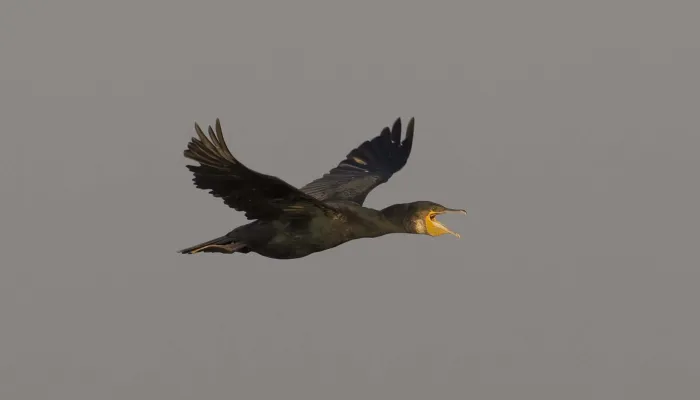
Learn to identify a plethora of Kent seabird species. From cormorants to herring gulls, we have your coastal bird watching covered.

Related to the massive albatross, the fulmar is a gull-like bird that nests on rocky cliff edges. Don't get too close, though - it spits a foul-smelling oil at intruders.
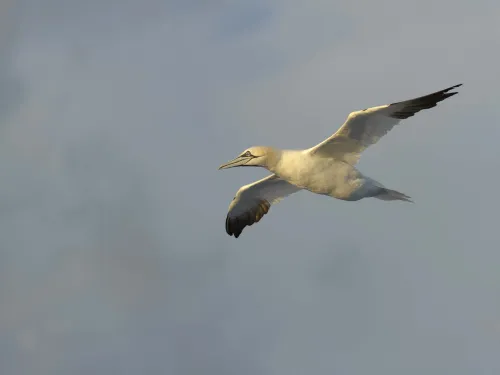
Famed for its super-fast fishing dives into the sea, the northern gannet (or gannet) is a distinctive white bird with a yellow head and black wingtips. It nests in large, noisy, smelly colonies on cliffs around our coasts.
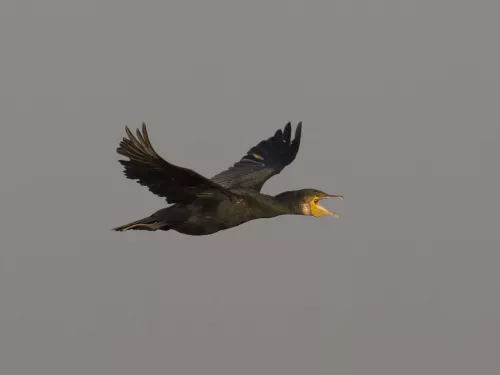
The cormorant is an excellent fisher. It is most easily spotted when it is perched, stretching its wings out in the sun to dry after a dive. The UK holds internationally important wintering numbers of cormorant.
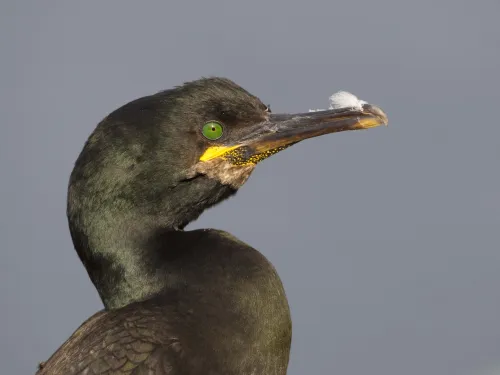
Shag' is a very old name that means 'tufted' and refers to the small crest that this bird sports. Look out for it in spring and summer either diving for fish from the surface of the sea or nesting on coastal cliffs.
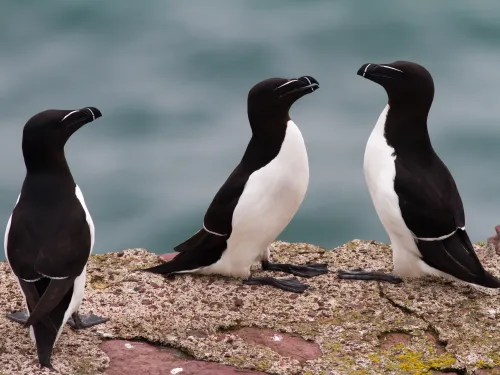
The razorbill has a characteristically thick, black bill, with a white stripe across it. It nests with other seabirds, such as guillemots, but prefers the lower ledges and rocky bottoms of cliffs and deep ravines.
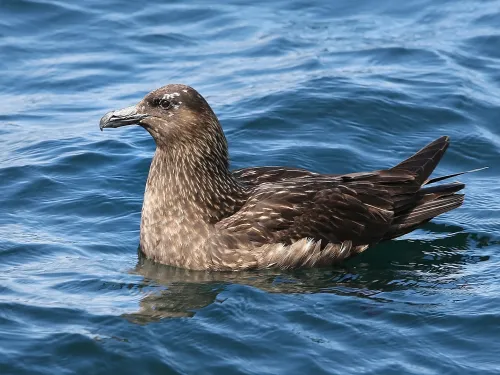
A fierce pirate of the sea, the great skua is renowned for stealing fish from other seabirds and dive-bombing anyone that comes near its nests. It breeds on the Scottish Isles.
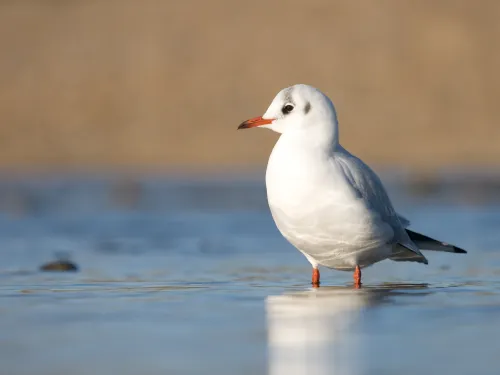
The black-headed gull is actually a chocolate-brown headed gull! And for much of the year, its head even turns white. Look out for it in large, noisy flocks on a variety of habitats.
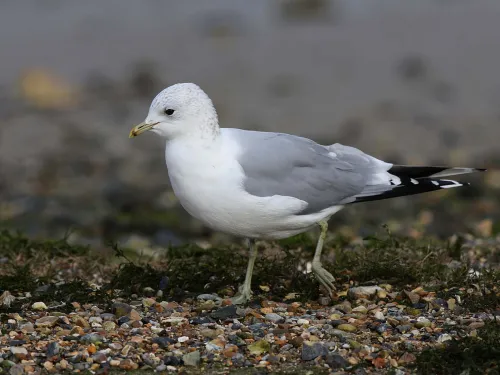
Despite its name, the common gull is not as common as some of our other gulls. It can be spotted breeding at the coast, but is also partial to sports fields, landfill sites and housing estates in winter.
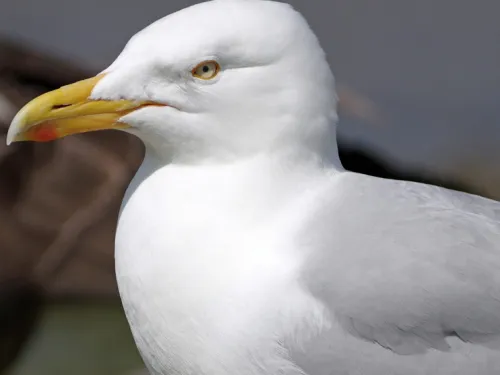
The herring gull is the typical 'seagull' of our seaside resorts, though our coastal populations have declined in recent decades.
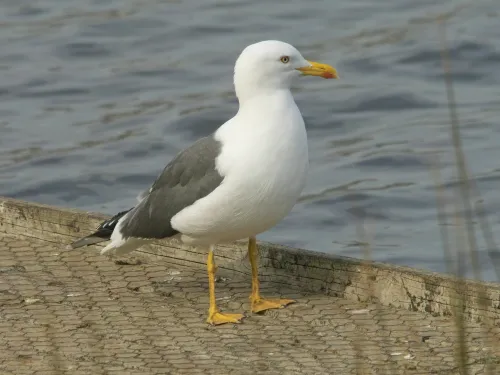
The lesser-black backed gull can be spotted around the coast in summer, with the biggest colony on Walney Island, Cumbria. Look for it over fields, landfill sites and reservoirs during winter.
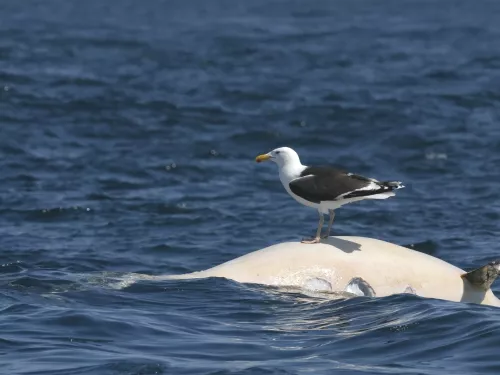
This huge gull can be seen around most of the UK's coasts in summer, with some venturing inland in winter.
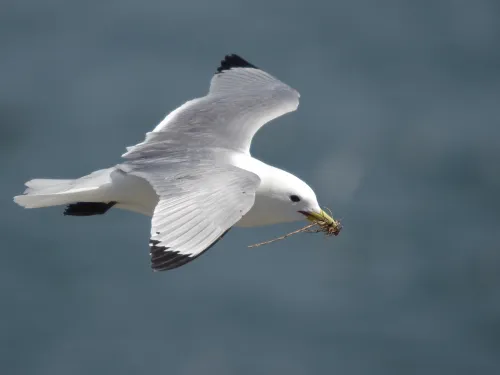
A pretty, little gull, the kittiwake can be spotted nesting in colonies on clifftops and rock ledges around the UK's coast. It spends the winter out at sea.
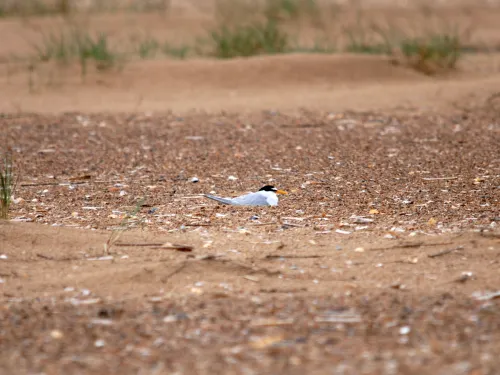
Found around our coasts during the breeding season, the little tern is a diminutive seabird. Despite its size, it performs remarkable aerial courtship displays.
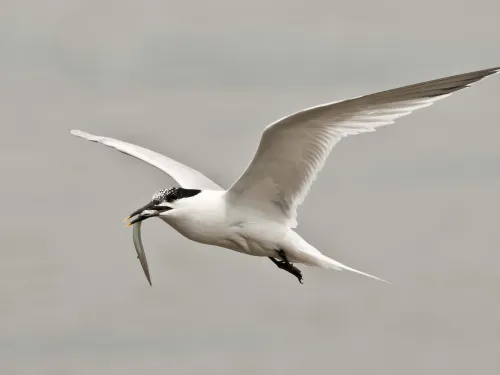
Found around our coasts during the breeding season, the large Sandwich tern can be spotted diving into the sea for fish such as sandeels. It nests in colonies on sand and shingle beaches, and islands.
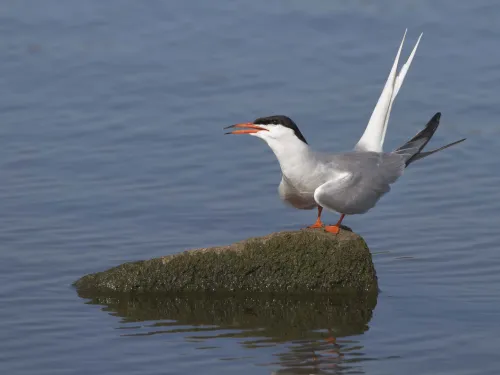
During the breeding season, the common tern can be seen around our coasts and also inland at gravel pits, reservoirs and lakes. It nests in noisy colonies and can be spotted plunge-diving for fish.
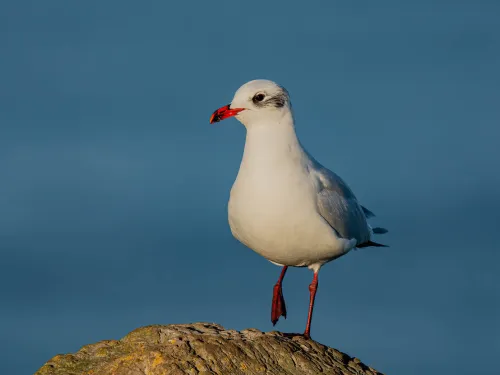
Once a rare visitor to the UK, this striking gull is now found nesting here in large colonies.